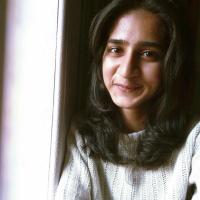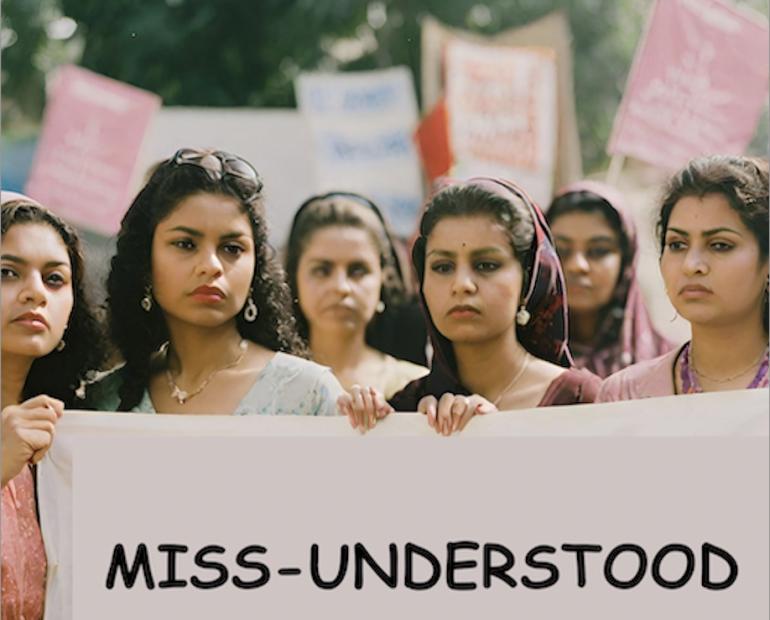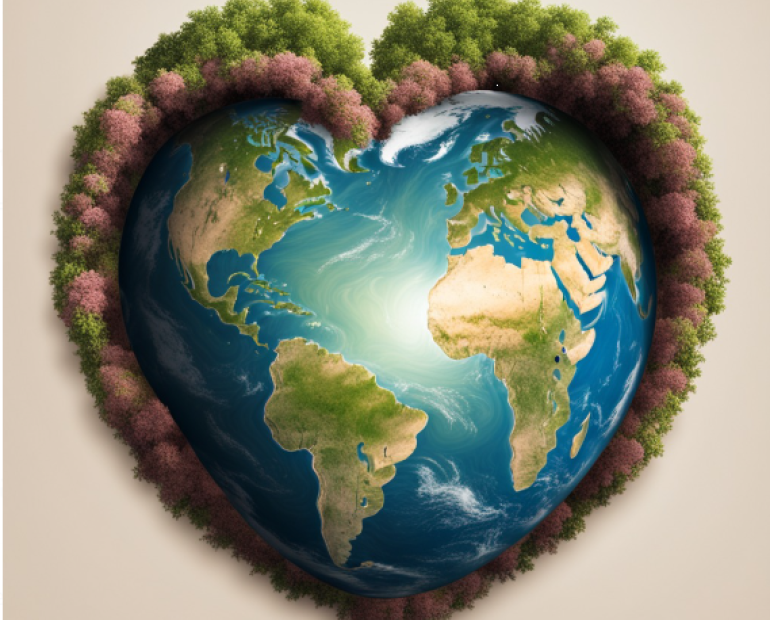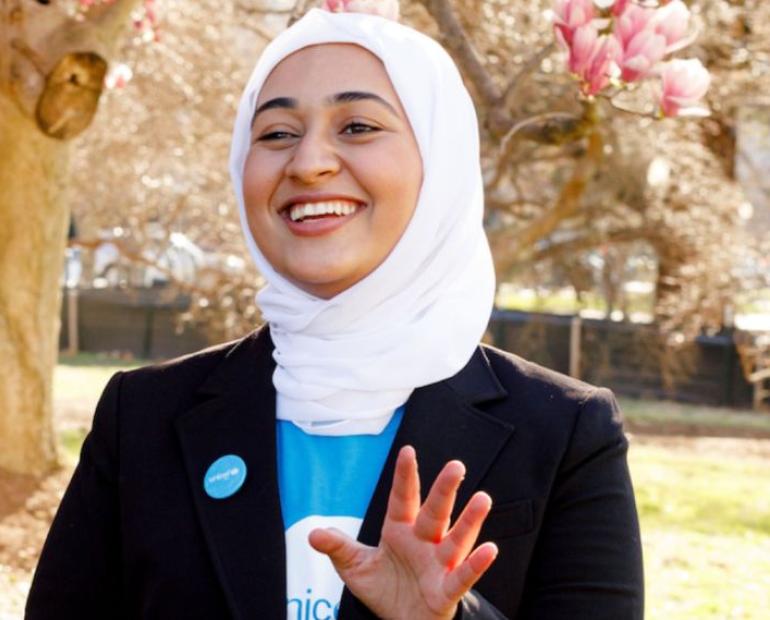
In February 2018, Madhu, an Adivasi tribal youth from the South Indian state of Kerala, was brutally attacked and lynched by a mob that accused him of stealing rice. The assailants then clicked photographs with the injured man whose hands were tied up, after which he was beaten to death. In light of this incident, the Kerala High Court initiated suo moto proceedings. The report of the amicus curiae paints a grim and contrasting picture in a state that boasts of the highest literacy rate and produces exceptional human development figures. It highlights the inherent defects in the channelization of funds by various state sponsored schemes, weakening of institutions specially appointed to redress the problems of tribes and the lackadaisical attitudes of addressing these issues. Finally, after more than a year’s delay, Madhu’s trial is set to begin in the month of June.
According to the data published by the National Centre for Biotechnology Information (NCBI), the Adivasi tribal community is one that continues to fall into or remain in poverty. This is attributed to various forms of discrimination such as illegal land encroachments, illiteracy, gender based violence, lack of access to quality healthcare facilities, and so on. Upon taking a closer look, we find that several individuals such as Madhu suffer from mental health conditions that are rarely ever addressed. In a detailed survey conducted by the Kerala Health and Social Justice Department, among the 302 tribal hamlets that they visited in Attapadi (Kerala), around 363 persons suffered from some form of mental illness. Out of the 363 diagnosed, 188 were women, 175 were men and 7 were below 19 years old.
Under the Indian Constitution, Article 15 guarantees every individual a fundamental right against discrimination and grants the State the power to make special provisions for the advancement of Scheduled Tribes. Article 46 requires the State to promote with special care, the educational and economic interests of such communities and to protect them from social injustice and exploitation.
The Supreme Court in Samatha v State of Andhra Pradesh came to the rescue of a tribal community by alluding to Roscoe Pound’s proposition to use the law as an instrument of social engineering to remedy existing imbalances and establish an egalitarian social order. The Court invoked Article 1 of the United Nation’s Right to Development Convention, which India has ratified. This provision entitles every human being to “participate in, contribute to, and enjoy economic, social, cultural and political development, in which all human rights and fundamental freedoms would be fully realised.”
Once again, in Kailas and Ors v State of Maharashtra, the Court held that formal equality of all communities in the country would not result in genuine equality. It called for the undoing of historical injustices to the tribals of India. Despite such laudable judgements, in February, an issue was ordered that permitted 21 states to evict around 11.8 lakh tribal forest dwellers whose claims over forest land had been rejected by authorities under the Scheduled Tribes and Other Traditional Forest Dwellers (Recognition of Forest Rights) Act, 2006. Following a stay of the order, an Adivasi woman filed a fresh petition demanding protection of the fundamental rights of the Adivasis over their land.
The National Human Rights Commission, along with the Sama Resource Group for Women and Health, has recently identified a link between the poor health status of tribals and their forced displacement. “Tribal communities are very sensitive and as many of them are incapable of bearing the present day stress and strain, they are driven to depression, alcoholism and suicide”, says Seema Baskar who heads the National Rural Livelihood Mission (NRLM) at Attapadi. This makes family members, women and children in particular, even more susceptible to ill-treatment and violence.
Madhu’s incident is only the tip of the iceberg. Tribal communities in India occupy a unique position in society and the protection of their human rights requires greater attention. The good news is that efforts are being made to address health issues among tribals in Attapadi. Hopefully, with improved research, timely rehabilitation facilities and greater awareness, this community can set the tone for the rest of the country.






